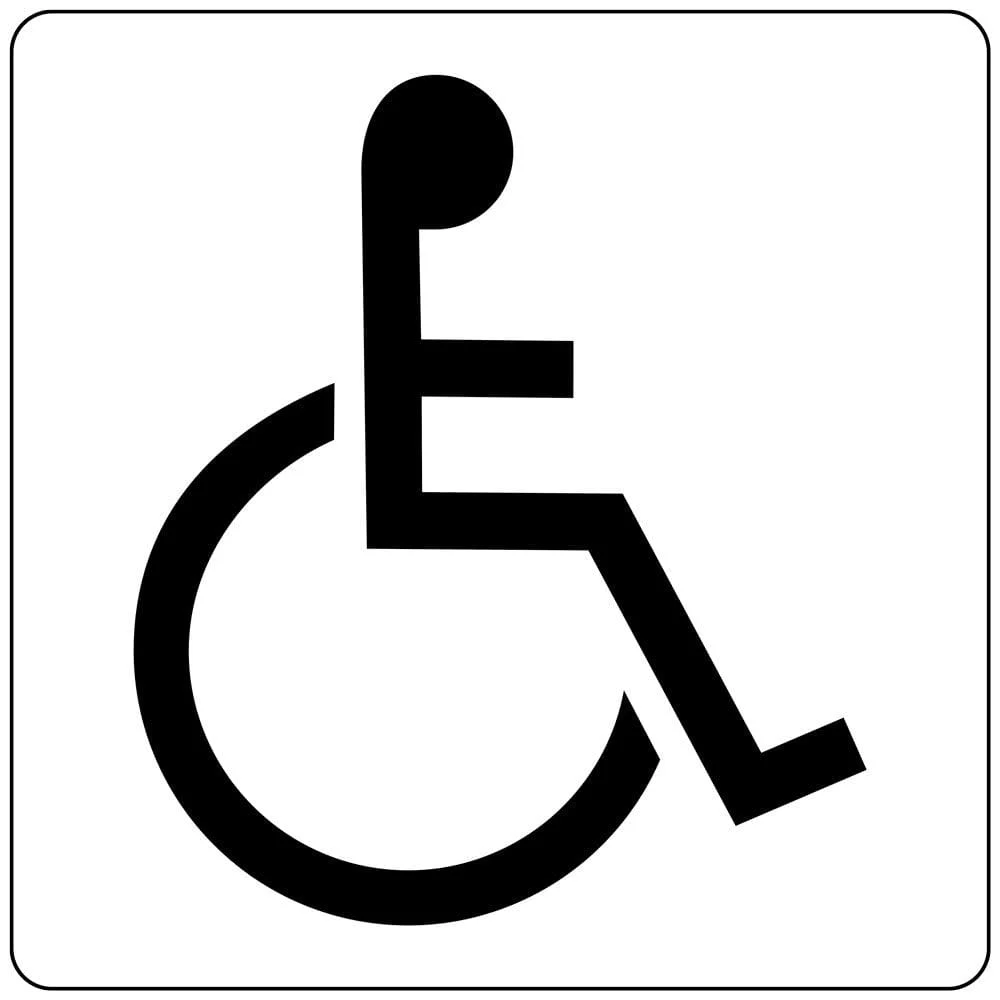
Ever heard of these side effects of hearing loss? Read on to discover some of the unknown problems that can occur when you lose your hearing.
The human body and mind are more complicated than we think. When one thing goes wrong, it can affect other parts of the body in ways we don’t expect. When it comes to people with tinnitus or different types of hearing loss, the effects of these conditions aren’t just limited to the symptoms experienced. Tinnitus and hearing loss can have a significant impact on a range of different areas if left untreated.
Unusual hearing loss side effects that you could experience
If you currently have untreated hearing loss, then you may be experiencing some of the side effects on this list. Our auditory nerves can do far more than affect the way we hear things. In chronic instances, they can also impact the way we see and interact with the world – which can have all kinds of unforeseen consequences.
Decline in cognitive function
Hearing loss can directly affect the health of your brain. As one of your primary senses, the inability to hear well can lead to a lack of stimulation. This reduction in stimuli leads to your mind not receiving the same quality of information. As with any other part of the body that goes unused, over time, your inability to hear can directly impact the cognitive function of your brain. Evidence has even shown that untreated hearing loss can lead to a higher risk of dementia later in life. This makes it even more vital to receive the care and help you need through proper hearing treatment.
Mental health issues
For many people, our mental health can be directly impacted by how we feel on a given day. Hearing loss, in particular, can be profoundly isolating. Anxiety disorders, postpartum depression, and other disorders can be linked back to hearing issues in specific individuals, especially when it comes to chronic or long-term hearing conditions. Mood disorder and seasonal affective disorder may also be linked to hearing loss. It’s no surprise that mental illness can result from such a stressful and debilitating condition. The best thing you can do to lessen the psychological effect that hearing loss can have is getting treatment swiftly and effectively.
Relationship problems
It’s no stretch to say that chronic illness can have a severe impact on those around you. Hearing loss is no exception, and studies have shown those with this condition have a harder time maintaining good relationships. Hearing loss can make it more challenging to communicate with the world altogether. The isolation that untreated hearing loss can cause extends to both working relationships and personal relationships. Talking to others and listening to them is a vital part of a healthy relationship – something that untreated hearing loss can make very difficult.
Stomach issues and chronic pain
As anyone with anxiety, stress, or tension can tell you, stomach pain and related issues can be serious problems. As a condition that can lead to all of these symptoms, hearing loss can be as physically debilitating as it is mentally. The stress this condition causes can lead to all kinds of unpleasant physical symptoms. Cramps, pain, diarrhea, and constipation are just a few. In the long term, conditions like IBS can stem from hearing loss, making the physical side effects just as bad as the potential mental ones for many.
What to do if you’re experiencing additional side effects from hearing loss or tinnitus
The first step is to speak to a trained medical professional. But for individuals with long-term hearing loss where other symptoms have already appeared, the process may require a little extra input. If you’re struggling with mental illness as a result of hearing loss, then speaking to a therapist or doctor trained in treating depression should be the first step. Typically, when you seek further treatment alongside the treatment for hearing loss, you’re more able to access the help you need.
There’s no one way to experience side effects, so there’s no single solid answer to what you should do. However, speaking with a doctor or medical professional can help you find the path forward. From there, you can determine a plan to treat your hearing loss as well as actively manage other side effects. It’s important not to assume that treating the source will cure the side effect. Depression, anxiety, and other mental health issues often won’t go away on their own. Getting effective treatment is the ideal way to ensure you’re healthy, happy, and feeling as good as possible.
Treating hearing loss to prevent unwanted side effects
We know that treating side effects is just as important as treating hearing loss itself. But for those in the early stages of a hearing loss condition, seeking help as soon as possible can prevent those side effects from having time to occur. Hearing aids work for many as an effective way to mitigate hearing problems and treat the condition overall, including for people with tinnitus. A trained hearing care professional will be able to provide input, plan, and care for your hearing needs. Prevention is the best possible cure – so getting treatment earlier is the ideal thing to do.
Click here to access the original article by Signia

